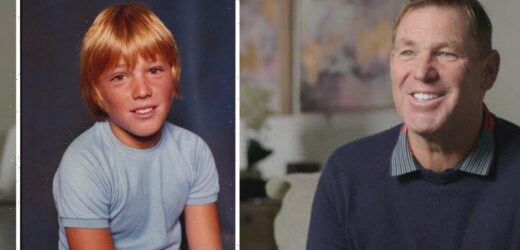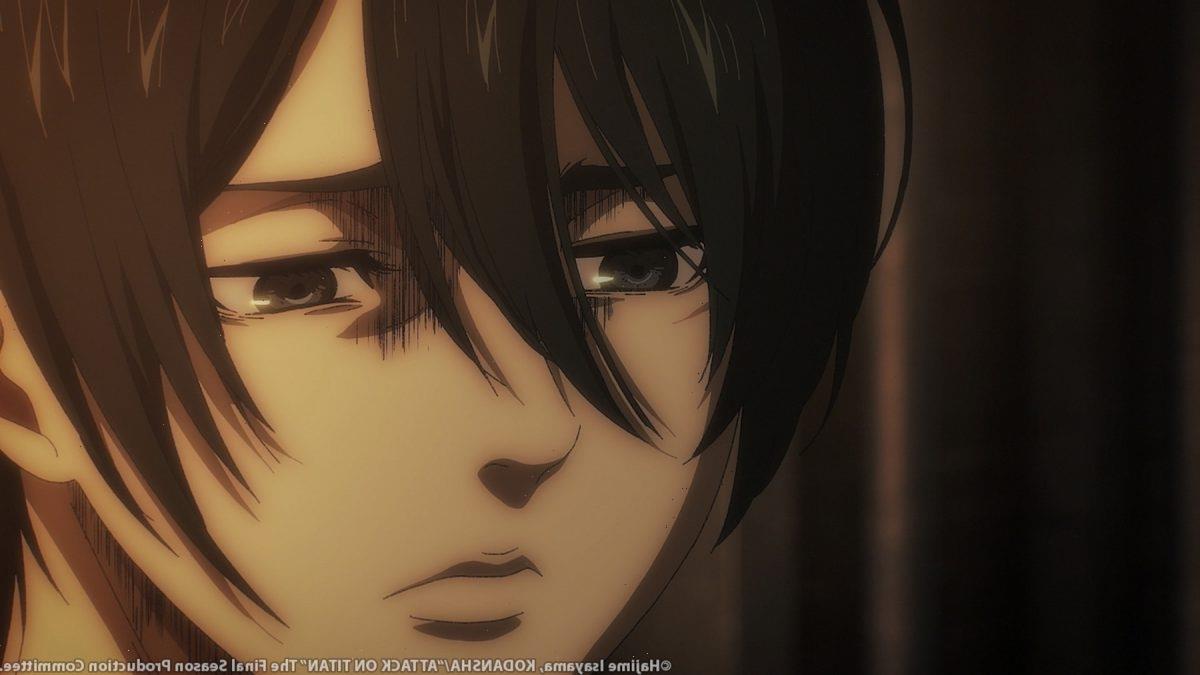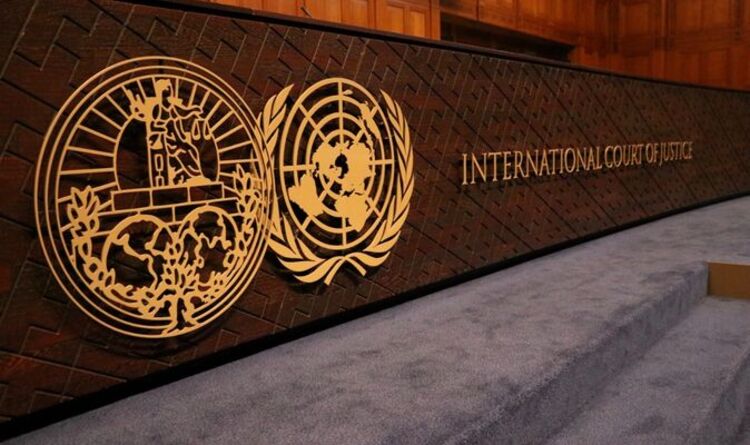This review was first published on January 6, 2022. In light of Shane Warne’s passing, it has been updated for clarity.
SHANE ★★★
M, 95 minutes, streaming on Amazon Prime; rent or buy on Google Play
In his exceptional 2012 study On Warne, writer Gideon Haigh states that Shane Warne’s life had been “laid out at book length” at least 15 times – and that’s setting aside the highly successful Shane Warne: The Musical. By now the total must be even higher.
Shane Warne and his children in the documentary, Shane.
So did the documentary Shane add much new to the picture? The answer in some ways is no, although it made a difference to have Warnie sitting there in front of you on his couch as he went through it all again: the childhood in the Melbourne suburbs, the dashed hopes of a career in AFL, the “ball of the century” bowled to Mike Gatting in the 1993 Ashes, the overnight fame, the golden years, the scandals (to a point), the comebacks and the rest, or as much as can be squeezed into 90-odd minutes.
There are three credited directors behind Shane – David Alrich, Jon Carey and Jackie Munro – but no big filmmaking ambitions on display, nor anything that seemed especially geared to the big screen, where the film got a run before its streaming release.
Naturally there are clips of Warne’s great moments on the pitch. But mainly it’s talking heads, with the man himself backed by a chorus of family members, former teammates and assorted cricketing greats (also Ed Sheeran and Coldplay’s Chris Martin, who were among his close personal friends).
Shane Warne’s early sporting years.
Two sides of Warne emerge especially strongly. First, the ruthless competitor, ever alert to his opponents’ weak spots, and a master not just of leg spin bowling but of the not unrelated art of sledging, or what Haigh (not interviewed here, alas) calls “kidology”.
Warne himself called it “sportsmanship,” which is the opposite of what some would mean by that term – and allowed that on occasion he may have taken it too far. But mostly he was unrepentant if not outright boastful about his knack for mind games: his reminiscent smirk, which hovered between cheeky and infuriating, almost lets you believe his claim that playing against him was a difficult kind of fun.
Also emphasised is Warne as the wayward but nonetheless devoted dad. If there was a scene here that might have been hard for Warne himself to watch, it’s where his now adult daughter Brooke recalls (and visibly relives) the very public revelation of her father’s infidelities. But when all three of his kids get together in the documentary to mock his foibles (“He snores for Australia”) there was no doubt whatsoever of the love coming through.
There remained something oddly pure about Warne, who was almost, though not quite, the Last Larrikin – and an emblem of national identity in some respects perfect for the Howard years, though this is not a subject dug into on this occasion.
Warne himself was not the kind to lose sleep over what he might have symbolised for anybody. But nor did he appear to have wearied of talking about himself, however often he may have told most of these stories before.
While looking back over his ups and downs may have triggered the occasional rueful moment, these seem far outweighed by a satisfaction with his accomplishments too frank to be called vanity, especially as it had well and truly been earned.
This settled confidence gave Warne a particular kind of screen presence, quite unlike what we might expect from a politician, say, or an actor in character or otherwise. If he was not exactly introspective, nor did he seem in doubt of his feelings on any subject – which is part of what made him, on camera, an effective storyteller. Another part is unsurprising: he knew how to use his hands.
Find out the next TV, streaming series and movies to add to your must-sees. Get The Watchlist delivered every Thursday.
Most Viewed in Culture
From our partners
Source: Read Full Article




